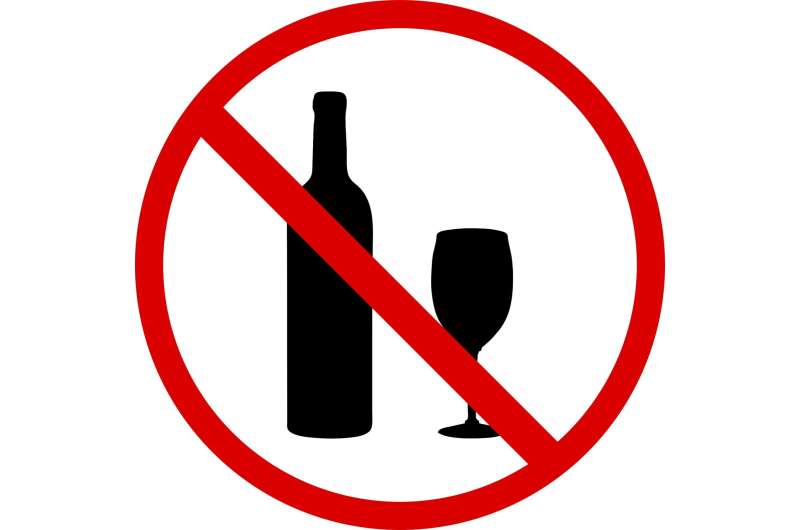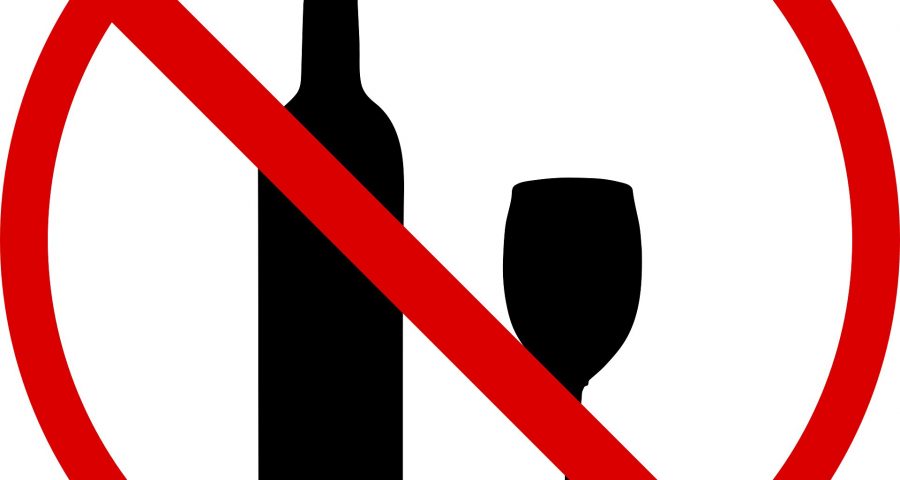
As Floridians lay by the pool or hit the beach, many will refrain this month from downing a cold beer or sipping on a salt-rimmed margarita.
After indulging in December, lots of Floridians participate in a worldwide trend known as Dry January. The concept is to abstain from alcohol for the 31 days of the month to begin the new year with a clean slate and better wellness.
But in an era of juice cleanses and workout selfies, this publicly declared dedication to health has become controversial, with some naysayers questioning any long-term positive results if participants return to their original drinking habits after January is over.
“There is a health benefit, no question,” said Dr. Mark Lamet, gastroenterologist/hepatologist with the Center for Gastrointestinal Disorders in Hollywood. “You are not exposing yourself to a toxin for a month. But more than anything it’s a psychological gateway to cutting back on alcohol.”
Without drinking in January, it’s likely that you’ll achieve a deeper sleep that leaves you more well-rested, stay better hydrated, reduce acid reflux, lose weight, lower your blood pressure and rest your liver.
Just don’t expect too much too soon.
“If you have been drinking for 10 years, is one month going to make a difference? Probably not,” Lamet said. “Hopefully one month will lead to two months or six months and that will allow your liver to go back to normal function. It’s a kick start.”
Drinking is on the upswing again
Floridians drank less in 2021 than the year prior, likely a combination of less time in the home plus COVID-19 restrictions being lifted, according to a study by DrugAbuse.com. But in 2022, many of the parties and events in Florida canceled during the pandemic resumed, leading some to say they overindulged in drinking, particularly during December.
Saul Kravec, 59, chose to participate in Dry January, encouraged by his 24-year-old daughter who also decided to take part. He believes abstaining from alcohol will enable him to lose the few pounds he put on during the holidays, and improve his running times. “I think I will just overall feel better,” he said. “I am hoping it leads to a dry February.”
Kravec, a Davie resident, said while he drinks only about once a week, giving it up entirely is a challenge. “I will have to drink mocktails.”
His daughter, Lauren, 28, said she views Dry January as her first step toward wellness in 2023. “I’m trying to live healthier overall and alcohol is one of the easier cuts to make in my diet,” she said. “I did a lot of drinking around the holidays so it’s a good reset for the year.”
Dry January works
Studies confirm that after a nonalcoholic start to the year, people tend to consume less in the months that follow, and their overall mood improves. “Most people keep it going to some degree,” according to ABC chief medical correspondent Dr. Jennifer Ashton.
The first official “Dry January” began in 2013, created by UK-based charity Alcohol Change UK as a public health initiative. A decade later, millions of people participate, and last January, as many as 35% of legal-aged adults skipped alcohol for the entire month, according to CGA, a food and drink research firm.
“It does bring awareness,” said Tara Jungersen, a professor at Nova Southeastern University College of Psychology. “Not only can it help you realize how much you drink, it also can empower you to create opportunities to socialize and engage in relationships without that crutch.”
While the purpose is to reset, Dry January can reveal potential alcohol problems, particularly if you experience symptoms of alcohol withdrawal such as headaches, insomnia and excessive sweating.
“This is an opportunity to understand what purpose alcohol plays in your life,” Jungersen said. “Recovery is not a straight line. If you lapse after two weeks, just start again and use your support system.”
The benefits are more than you think
Red wine, in moderation, has long been thought of as heart healthy. However, women now make up the majority of wine drinkers and are more likely than men to develop liver disease.
“Over time alcohol use has increased significantly and now it’s one of top three reasons people ultimately need a liver transplant,” said Dr. Bobby Zervos, a hepatologist with Cleveland Clinic Weston.
“When you cut out alcohol, it allows the liver to regenerate and reset … doing it for any period of time is good,” he said.
Drinking also adds extra calories to your diet, enhances food cravings, and slows down metabolism. Research shows even a brief break from alcohol can lead to weight loss. “It can cleanse all the fatty accumulation in your liver from sugars,” Zervos said.
Zervos said he sees physical and mental benefits: “Some people drink to hide emotions such as anxiety or depression. Abstaining allows people to recognize if they haven’t had a drink and they are starting to feel blue, maybe they need to speak to a mental health provider.”
If you are going to participate in Dry January, Jungersen, a licensed mental health counselor, advises focusing on what you will gain.
“Think about empowerment, comradery, getting a self-esteem boost,” she said. “Try to focus on that and not just on that you can’t drink.”
2023 South Florida Sun Sentinel.
Distributed by Tribune Content Agency, LLC.
Source: Read Full Article
